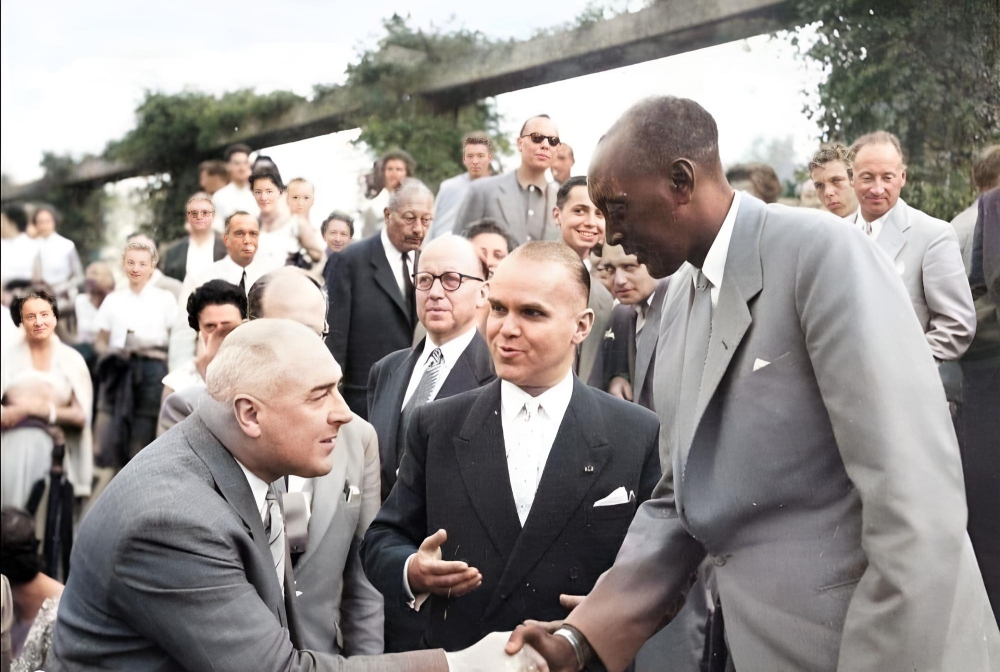Effective and efficient are common words in business cycles that they have become clichés. Something is effective if it is adequate to accomplish a purpose; producing the intended or expected result.


Effective and efficient are common words in business cycles that they have become clichés. Something is effective if it is adequate to accomplish a purpose; producing the intended or expected result.
On the other hand it is efficient if it performs or functions in the best possible manner with the least waste of time and effort. In other words, "Being effective is about doing the right things, while being efficient is about doing the things in the right manner.”As Daniel Scocco would explain, if for example, suppose that two guys, Mark and John, are trying to change a flat tire on their cars (each one has his own car). Mark starts by taking out the jack and placing it under the car. He quite doesn’t know where to position it, so he goes by trial and error and wastes a lot of time doing it. After 20 minutes he finally manages to fix it, so he proceeds to lift the car and change the tire. Mark was doing the right thing, but he was doing it poorly. We can say that he was being effective, but not efficient.John, on the other hand, starts by grabbing a towel and cleaning the tire. He wants to make the thing shiny before he changes it. And mind you he is very good and fast at cleaning every little detail of the tire. We can say that John is being efficient, because he is cleaning the tire fast and thoroughly, but he is not being effective, because cleaning is a step that is not required at all when changing a flat tire.Now if we had a third person, Peter, who could change the flat tire using the right steps and doing it quickly, we could say that he was both effective and efficient. Soul searching time; what percentage of our workforce would you describe as effective? Put another way, how many times do you hear, or worse, say ihangane (bear with us) when you are offering a service? Let us take the scenario where you go to a bank to cash a cheque. Some of us prefer to go first thing in the morning and expect to be out of the bank in five to ten minutes. In some banks this works. But there are two bank branches in Remera where you wonder if cashing a cheque in five to ten minutes is overkill, here they do an average of between 30-45 minutes. At the third stint of delayed services I asked the manager what their turnaround time (TAT) was, he proudly announced, "5 minutes”. So when asked to justify the 40 or so minutes we had spent, he denied it. When pressed further, he went the ihangane way. This unfortunately is not a unique case. What can we do differently? For starters, we could improve our attitude around time management. When you want to do your paper work in front of customers 20 minutes into the opening time you are ineffective and inefficient. It also means that you need to come to work at least half an hour earlier than you usually do. We also seem to have issues around multitasking. We need to separate what is urgent and what is important from the rest. It is then that we will be able to rapidly respond when we need to. Else we remain at lastminute.com.Communication and delegation is the other avenue. Truth is that nobody can work alone. Most of us delegate responsibility but are unwilling to give the corresponding authority to match. This is partly because communication of the tasks is not clear. Give clear instructions and when the task is complete give clear feedback. Clear to the sender means specific, descriptive, not evaluative, timely, honest and on-going. To the receiver it means being open, not being defensive, encouraging feedback from others, honestly weighing and analyzing the information and mostly using and applying the feedback.You know you have attained effectiveness and efficiency when you don’t have to ask the customer to bear with you. It is a weak and broken legged position, really.




